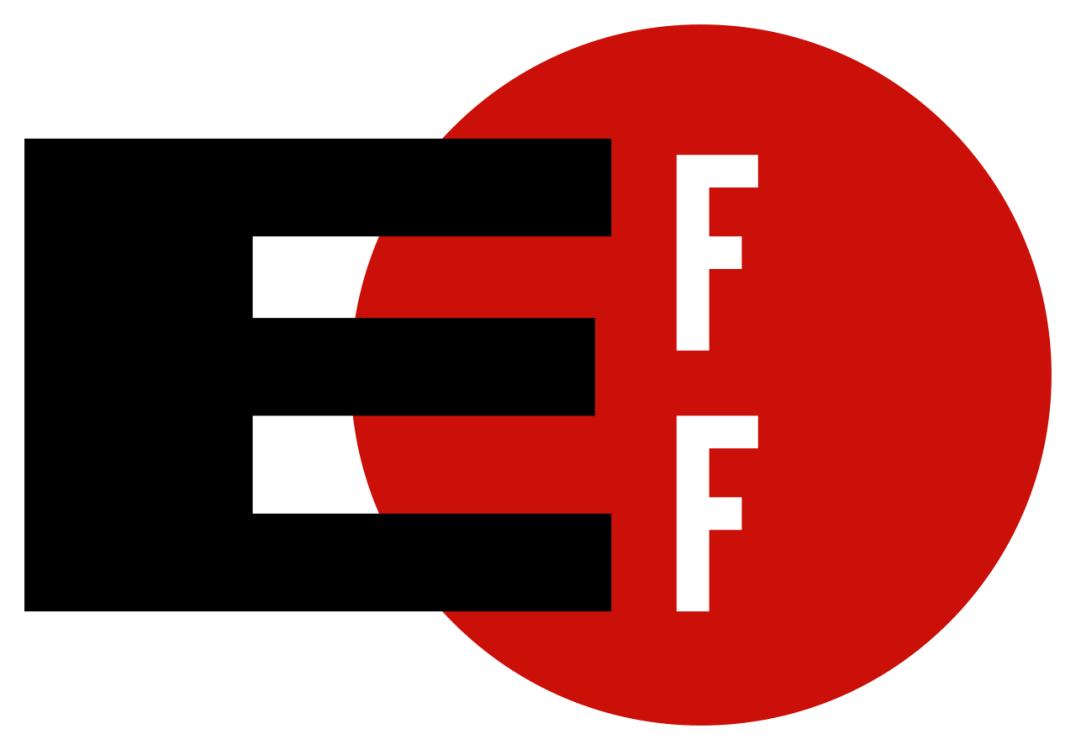Literacy, Citizenship, and Rights in a Digital World
Discover the intersection of ancient principles and modern digital landscapes in our thought-provoking exploration of rights, citizenship, and literacy in the digital age. Delve into how the adjective 'digital' transforms these foundational concepts, and uncover the crucial connections between digital rights, literacy, and citizenship. Join me on a journey that navigates the evolving dynamics of our digital world and explores their implications for the future. Click the button below to unlock insights that bridge the gap between tradition and innovation, shaping the landscape of IT administration and beyond.
- Uncover the transformative power of the adjective 'digital' on ancient concepts.
- Explore the interplay between digital rights, literacy, and citizenship.
- Navigate the evolving dynamics of our digital world.
- Gain insights shaping the landscape of IT administration and beyond



